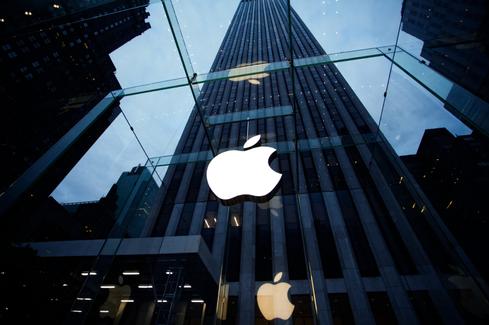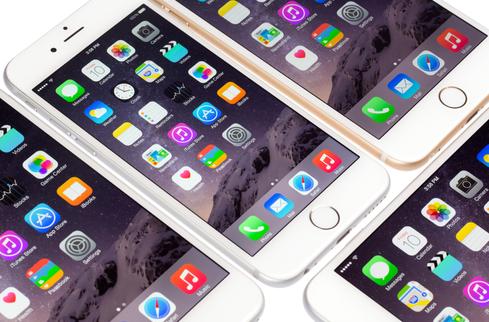Apple and Samsung have struck separate deals with China's UnionPay bank to bring their mobile payment services to the Chinese market in 2016.


Best Free iPhone, Android Apps: Our Top 10
Best Free iPhone, Android Apps: Our Top 10 (Click image for larger view and slideshow.)
Apple has announced a partnership with UnionPay to bring its mobile payment service to China. Apple Pay will be available in the Chinese market in early 2016, following testing and certification by Chinese regulators.
The partnership was necessary for market entry, as state-run UnionPay has a monopoly on all yuan bank cards throughout China. The payment firm will give its cardholders the option to add their cards to Apple Pay on iPhone, iPad, and Apple Watch.
Apple Pay also has support from 15 banks across China, which is the world's largest smartphone market. iPhone growth has skyrocketed throughout the country, which generated $12.5 billion in revenue for Apple during its fiscal fourth quarter of 2015.
[Microsoft preps Windows 10 to enter Chinese market.]
"China is an extremely important market for Apple and with China UnionPay and support from 15 of China's leading banks, users will soon have a convenient, private and secure payment experience," said Eddy Cue, senior vice president of Internet Software and Services at Apple in a statement.
Apple Pay, which uses NFC technology, will work at POS terminals enabled to handle UnionPay's Quickpass. iPhone users will be able to pay by holding the phone near the terminal with a finger on the Touch ID; Apple Watch users can double-click the side button to complete transactions.
For security purposes, credit and debit card numbers are not stored on users' devices or Apple servers. A unique Device Account Number is encrypted and stored inside a chip called the Secure Element on each smartphone. Each transaction is authorized with a unique security code.
China may be a golden opportunity for Apple, but its market will be competitive.
The same day Apple announced its UnionPay partnership, the Chinese company struck a deal with Samsung Electronics to bring Samsung Pay into China as well.
Samsung's electronic payments system uses both NFC and MST technology, which makes it more broadly compatible than Apple Pay. Samsung Pay transactions are accepted "in most of the POS terminals in China, including QuickPass-enabled NFC POS terminals," the electronics giant said in a statement.
Samsung Pay secures payments with "a reliable triple-layered protection mechanism," officials reported. It also includes fingerprint identification and tokenization, in addition to its KNOX technology.
Samsung isn't the only rival Apple will face when it enters the Chinese mobile payments market. It will also be competing with Tencent's WeChat Payment system and Alibaba's Alipay.
The mobile payment market is booming as businesses rise to the challenge of accommodating consumers who are more mobile and expect higher levels of customer experience.
"With the rapid development of the mobile payment industry, China UnionPay is committed to open cooperation with other parties in the industry to provide more secure and more convenient products and services for consumers," said Chai Hongfeng, EVP of China UnionPay, in a statement.
Both Apple and Samsung will be competing stateside with Google's Android Pay, which launched in one million US locations in September. The payment system will come pre-installed on new NFC-enabled Android phones from Verizon, AT&T, and T-Mobile.
**Elite 100 2016: DEADLINE EXTENDED TO JAN. 15, 2016** There's still time to be a part of the prestigious InformationWeek Elite 100! Submit your company's application by Jan. 15, 2016. You'll find instructions and a submission form here: InformationWeek's Elite 100 2016.
About the Author(s)
You May Also Like







